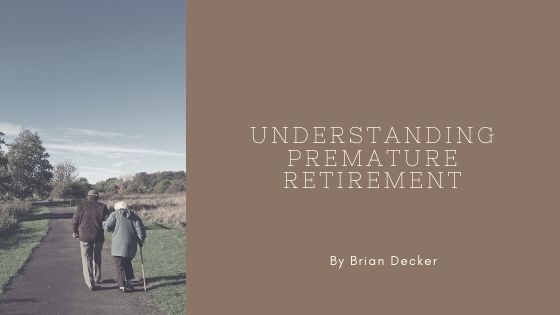Decades of your life are spent planning to retire. It’s hard to make a retirement plan that accounts for all your needs, and you’ll always have some unexpected expenses. Sometimes you enter retirement earlier than you planned because you’re laid off from work, you’re suffering a health issue that causes disability, or another life event prevents you from remaining in the workforce.
When this happens, you don’t have any more time left to save. You have to take whatever you’ve built and make it last as long as you can.
Whether you currently need to retire early or you’re just planning for the worst, there are ways to remain financially secure.
First, get yourself affordable health insurance. The vast majority of people receive their healthcare through their employer. Once you retire, you no longer have access to that healthcare. Early retirees may not qualify for Medicare, as most individuals can’t receive benefits until they’re 65 years old.
If your retirement occurred due to a layoff, the next step is to fill out an unemployment application. You may qualify for benefits even in cases where you aren’t planning to go back to work. Unemployment benefits won’t supplement your retirement, but they are a valuable temporary measure.
The third step is to create a budget. When you retire, you want to have around 80 percent of your prior income. If you’ve paid off your debt, you may not need this much income. Meanwhile, if you have children or serious health issues, you might need more money.
Create your retirement budget by considering the cost of healthcare, other insurance, housing, food, transportation, and utilities.
With your budget drafted, take a look at your existing investments. How much money is invested in bonds, stocks, or other ventures? If you’re living on the income from your investments, you’ll need to allocate your money to safe options that provide consistent returns.
You’ll need to choose which retirement accounts you plan to access first. You can remove money from a 401(k) without any penalties if you’re at least 55 years old. However, you will need to pay income taxes. On the other hand, with a Roth IRA, you don’t have to pay income taxes upon withdrawal if you qualify.

